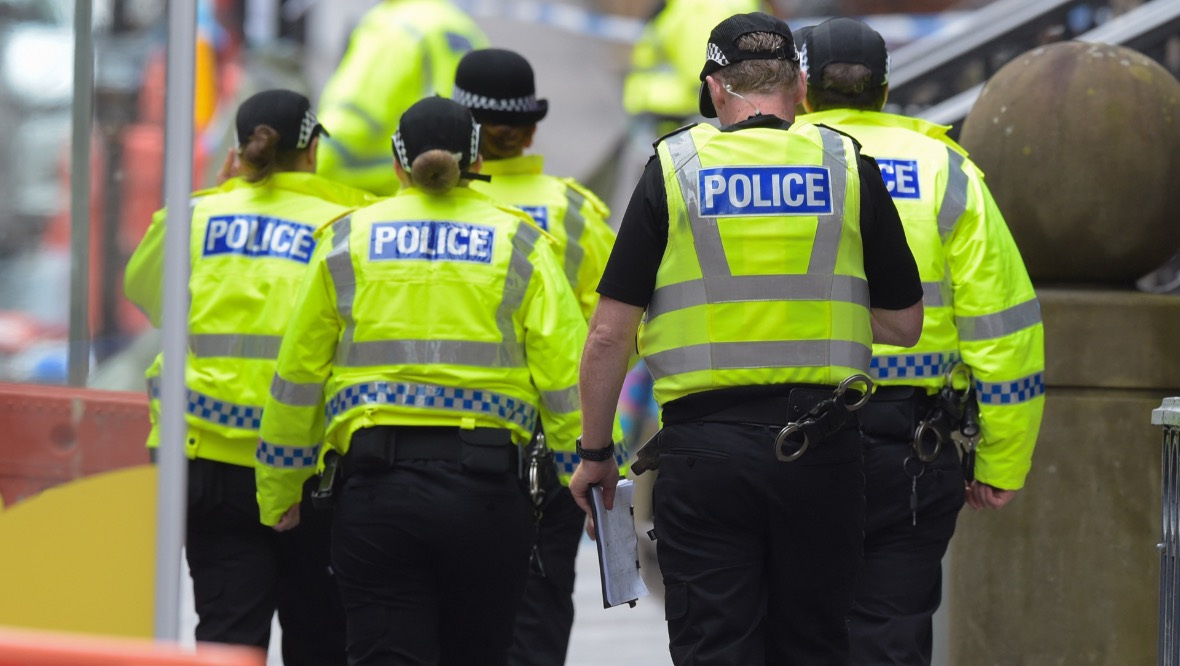More than 1,200 police officers in Scotland are not able to be deployed, according to figures obtained by STV News.
According to a freedom of information request to Police Scotland, 7.5% of the country’s 16,613 officers have ‘non deployable’ status – meaning they are unable to be sent out to deal with crimes.
The reasons why an officer might be given that status can vary – due to ill health, an injury, or because they are facing disciplinary action.
David Kennedy, general secretary of the Scottish Police Federation, said: “It’s always worrying if you can’t deploy officers but that can be for various reasons.
“It’s quite devastating right now for the police service. We are really concerned about the number of officers that are out on the street.
“There are massive concerns there for the future of what the police service will look like.
“They have to look at the policing model, they have to see if there’s another operation role an officer can do that isn’t on the street.”

In November, it was revealed the number of police officers across the country had fallen by over 600 since 2020.
It comes as civilian police staff are being offered voluntary redundancy next month.
Unison has objected to the plans, warning it will force officers to fill the roles and “leave gaps in frontline policing”.
A report by HM Inspector of Constabulary in Scotland (HMICS) said there is concern among officers about a lack of reporting regarding misconduct.
The watchdog warned of “an unwillingness to challenge unacceptable behaviour”, along with a “blame culture”, but found that overall the culture in the force is improving and is “dramatically different” from the early days of the single force, created in 2013.
The report also said trainee officers feel “ill-equipped” to deal with the realities of the job.
Probationers go into their jobs full of enthusiasm but unprepared to cope with dealing with mental health calls and the reality of frontline policing, the report added.
A Police Scotland spokesperson said: “The health and welfare of our officers and staff is one of Police Scotland’s highest priorities.
“Working in policing is a job like no other and our officers and staff find themselves in situations which can be stressful, traumatic and can have a lasting impact on them.
“Police Scotland is determined to continue to drive improvements to support our people. We have a range of mechanisms in place to support our employees including the Employee Assistance Programme and the Your Wellbeing Matters programme.

“We also work with our occupational health and Employee Assistance provider to support police officers and staff in their journey back to health and, subsequently, to work.”
A Scottish Government spokesperson said: “The deployment of police officers is a matter for the Chief Constable. We are aware that the Scottish Police Authority is looking into the underlying reasons for the rise in numbers of officers on modified duties – which can include a range of adaptations to manage circumstances, including pregnancy and medical reasons – and what measures can be taken to minimise the impact.”
Follow STV News on WhatsApp
Scan the QR code on your mobile device for all the latest news from around the country




























